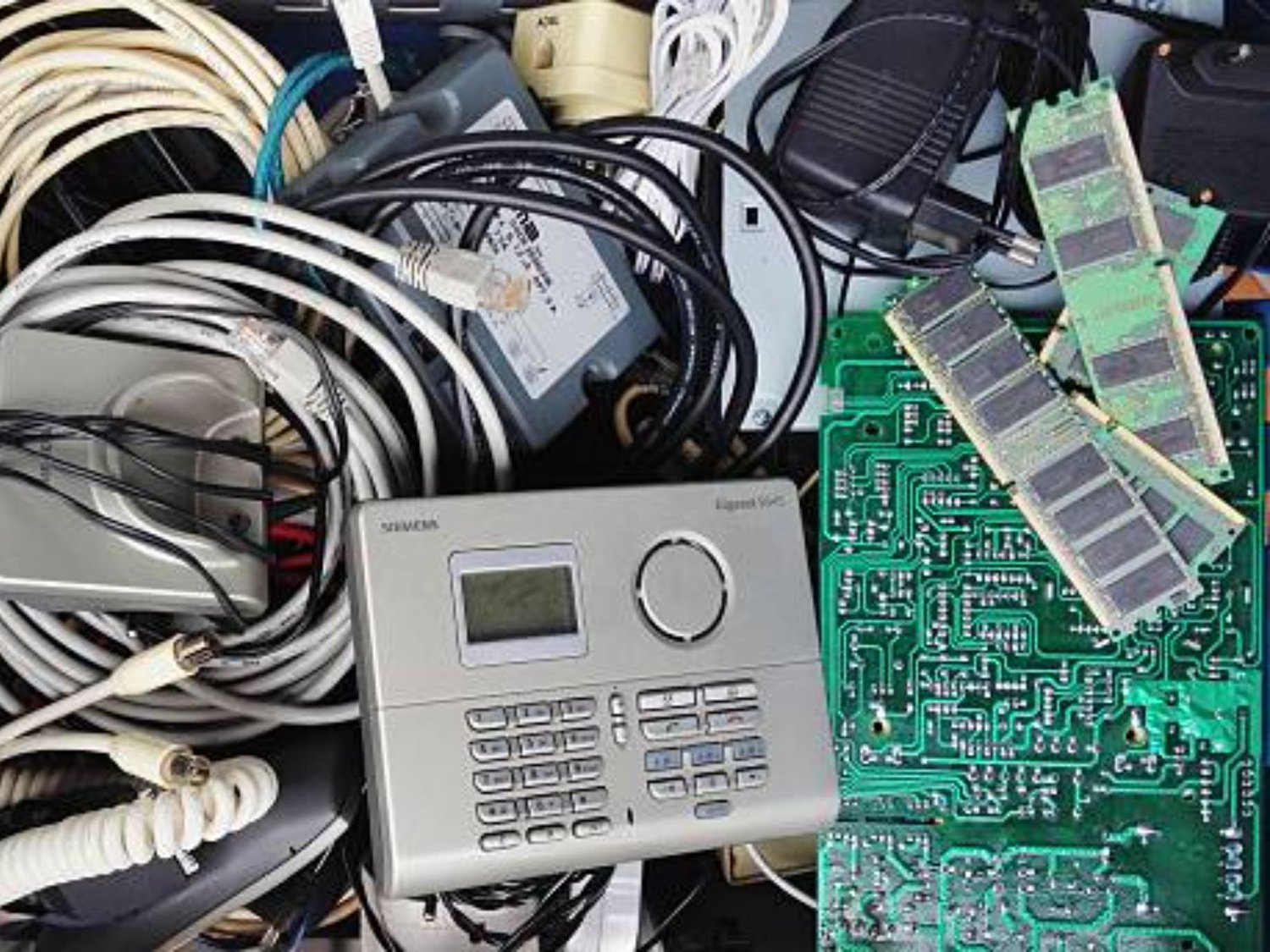How do I choose the right BMS? A Comprehensive Guide
If you are looking for a Battery Management System (BMS), you may be wondering how to choose the right one for your needs. A BMS is an essential component of any battery system, as it helps to maintain the health and safety of your batteries. In this article, we will guide you through the different aspects of choosing the right BMS for your application.
1. Understand Your Battery Requirements
The first step in choosing the right BMS is to understand your battery requirements. This includes the type of battery chemistry, voltage, capacity, and the number of cells that you will be using. Different BMSs are designed for specific battery types and configurations, so it is essential to choose a BMS that is compatible with your battery.
2. Consider Your Application
Another important factor to consider when selecting a BMS is your application. Different BMSs are designed to suit different applications, such as electric vehicles, off-grid energy storage, or marine applications. Each application has its unique requirements, and selecting a BMS that is designed for your application will help you ensure optimal battery performance.
3. Understand BMS Features
BMSs come with a range of features that can impact the performance and safety of your battery system. Some of the essential features to look out for include overcharge protection, over-discharge protection, cell balancing, temperature monitoring, and communication protocols. Understanding these features will help you to choose a BMS that aligns with your specific needs.
4. Evaluate Technical Specifications
When selecting a BMS, it is essential to evaluate the technical specifications to ensure that they meet your requirements. Some of the critical technical specifications include voltage range, current rating, power output, and communication protocol. Be sure to compare the technical specifications of different BMSs to choose the one that meets your requirements.
5. Consider the Price
The cost of a BMS can vary significantly depending on the features, quality, and brand. While it may be tempting to choose a BMS based on price alone, it is crucial to consider the cost in relation to the features and quality of the product. A high-quality BMS can help to extend the life of your batteries and prevent costly failures, making the investment worthwhile.
6. Look at Brand Reputation
Choosing a BMS from a reputable brand can help you ensure that you are getting a high-quality product that has undergone extensive testing and adheres to safety standards. Some of the popular BMS brands include Batrium, Victron, and Orion. Be sure to research different brands and read customer reviews to choose a BMS that is reliable and well-regarded among users.
7. Check the Warranty
When selecting a BMS, it is essential to check the warranty. A good warranty can help you to protect your investment and ensure that you are covered in the event of any defects or failures. Be sure to read the terms and conditions of the warranty to understand what is covered and for how long.
8. Consult with Experts
If you are unsure about which BMS to choose, it is always helpful to consult with experts in the field. Battery experts and engineers can provide valuable insights and recommendations based on your specific requirements and application. Be sure to seek advice from reputable experts or hire a professional to install your BMS.
9. Consider Future Upgrades
When selecting a BMS, it is essential to consider future upgrades. As technology advances, you may want to add new features or capabilities to your battery system. Choose a BMS that is modular or allows for future upgrades to ensure that you can easily integrate new technology into your system without having to replace your entire BMS.
10. Ensure Safety Standards
Safety is paramount when it comes to battery systems, and choosing a BMS that adheres to safety standards is essential. Look for BMSs that comply with relevant safety standards, such as UL 1973, IEC 62619, or EN 50607. Compliance with safety standards can help to ensure the safe and reliable operation of your battery system.
Conclusion
Choosing the right BMS is an essential part of building a battery system that is safe and reliable. By understanding your battery requirements, considering your application, evaluating BMS features, and checking technical specifications, you can choose a BMS that aligns with your specific needs. Additionally, research brands, check warranties, seek expert advice, consider future upgrades, and ensure compliance with safety standards to make sure that your battery system is operating at its best.

